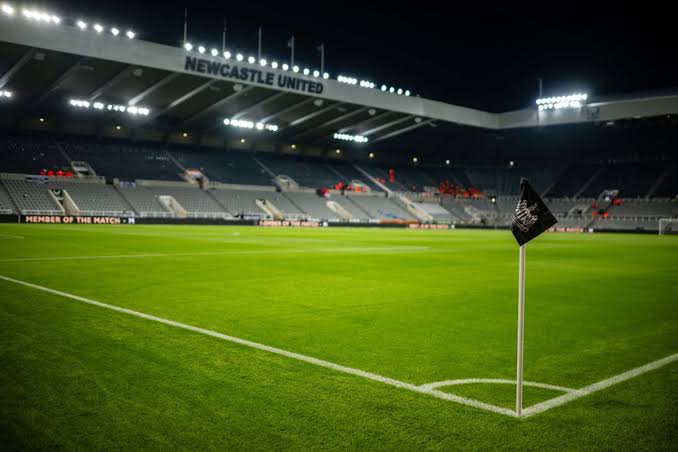Club deducted points due to slope on the pitch – Whatever next?

A football club in Scotland has been deducted six points because of the slope on their pitch. This club is Bonnyrigg Rose, which plays in Scottish League Two. The pitch at their New Dundas Park is too sloped, and as a result, the club has faced penalties. The club admitted the issue and is now raising money to fix the pitch to meet the league’s requirements.
The pitch slope caused Bonnyrigg Rose to have their license downgraded from bronze level to entry level by the Scottish FA. This downgrade happened after a disciplinary tribunal. The club has been given a deadline to submit a plan by January 31st to show how they will fix the pitch. They must also find the money for the works, which include levelling the pitch and improving drainage.
The club is asking for donations to help pay for the necessary work. They say the pitch needs to be levelled to meet the standards of the Scottish Professional Football League. This issue came to light after the club had been promoted to League Two in 2022. They had previously won the Lowland League but are now struggling because of the pitch problem.
Bonnyrigg Rose’s penalty has dropped them from fourth place to third from the bottom in the league standings. They are still two points above Clyde and Forfar Athletic. The club is also worried about their future and is trying to gather support from their community. They posted on social media asking fans to help, saying the club is the heartbeat of their community.
This situation has raised questions about pitch standards and the rules clubs have to follow. The issue of slope on football pitches is not new. In fact, many clubs, including big ones, have had issues with slope in the past. For example, St James’ Park, home to Newcastle United, has a slope on its pitch. A few decades ago, the slope was much steeper, but work has been done to make it less extreme. Now, it’s within the FA guidelines, with a slope of about two metres from one end to the other.
Football fans are used to teams having a favourite direction to play. Some teams prefer to kick uphill in the first half, and others want to kick downhill. Opponents often try to influence the coin toss to avoid playing against the slope. This shows how important pitch conditions are for teams and players.
In Bonnyrigg Rose’s case, it’s unclear exactly what the maximum allowed slope is for their league. However, the English FA has clear rules. They state that the maximum slope for a pitch should not exceed a gradient of 1:41. This means that for every 100 metres along the pitch, the height difference should not be more than 2.44 metres. This rule helps ensure that pitches are level enough for fair play.
Bonnyrigg Rose’s case is an unusual one, but it highlights the importance of following pitch regulations. The club has admitted their mistake and is now focused on fixing the problem. They are working to raise the money needed to meet the requirements. Their fans are rallying behind them, hoping the fundraising will be successful.
This situation might seem extreme, but it shows how seriously football authorities take pitch standards. It also demonstrates how a small club, like Bonnyrigg Rose, faces big challenges when they move up to higher levels of competition. They have to meet the same standards as larger clubs, even though they have fewer resources. The issue with the slope on their pitch is an example of how small problems can turn into bigger challenges for clubs.
The club’s focus now is on making sure they can fix their pitch and avoid further penalties. They are determined to make the necessary improvements and stay in the league. Fans of Bonnyrigg Rose are hopeful that the fundraising campaign will succeed and the pitch will be ready for next season.















